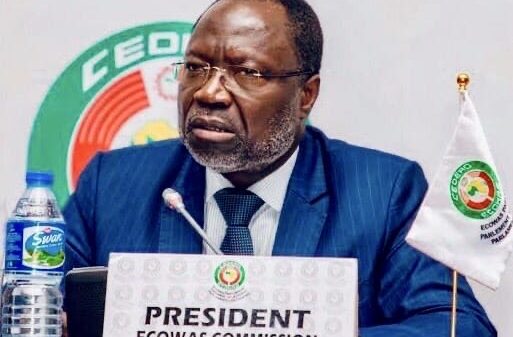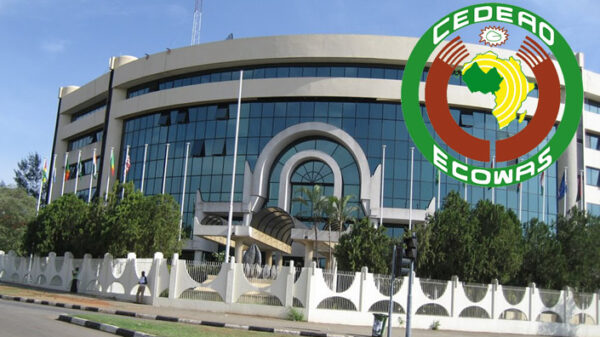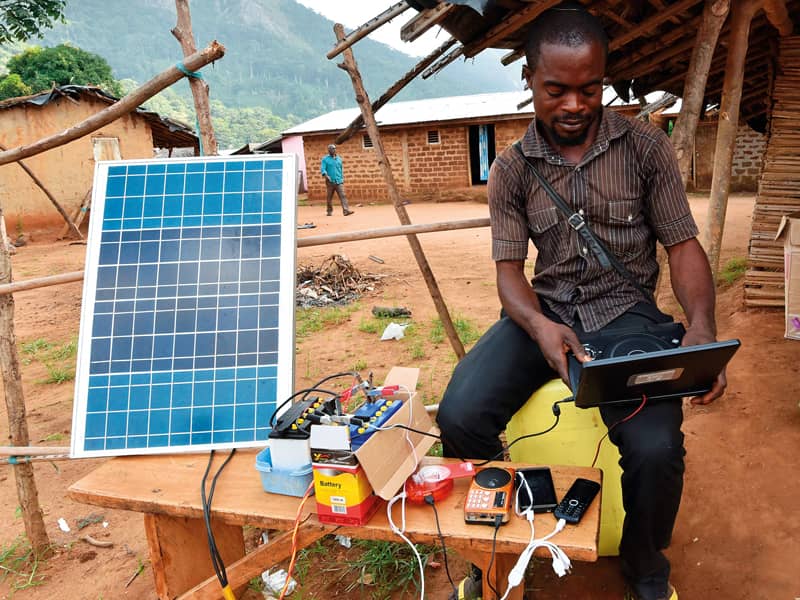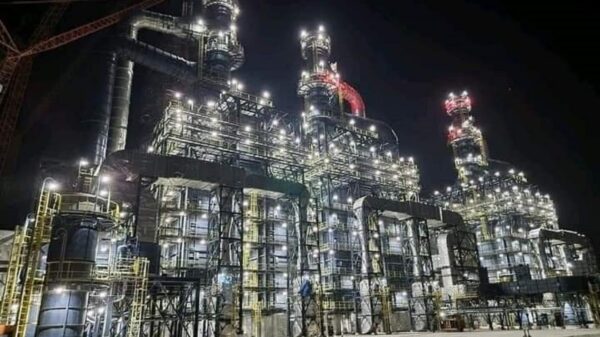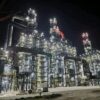As the global advocacy towards a transiting from carbon related energy uses (fossils) to a sustainable and greener energy sources (solar, wind hydro etc), the African continent face uncertainties with regards to adequate investments and policy reforms.
The imbalances in the system are capable of impeding efforts to reach the pace required to limit warming to 1.5 degree Celsius are a great deal to tackle. Definitely, much more needs to be done by various countries and regional bodies, including international development institutions, to help boost investment levels and bridge the widening regional divergences in the pace of energy transition investment.
In this regard, Deloitte, an assurance and advisory firm, has given its take on the approach Africa nations need to adopt to achieve effective energy transition. The international firm believes that the transition from traditional fossil fuels to cleaner energy needs to be done through a gradual process while adopting energy mix approach up to the year 2050. In a follow-up interview on the topic “Creating the perfect investment conditions for Foreign Direct Investments into the African energy sector: where is the money?” moderated by a partner at Deloitte at the just ended Africa Oil Week Conference in Cape Town, South Africa, Jenny Erskine noted that, Africa is partly ready for the transition agenda, in spite of the infrastructure and investment challenge it has, the continent has the needed resources (sun, wind, cobalt, lithium) that are greener and can be tapped easily to start the process to greener energy.
“Mining the cobalt, lithium and other minerals could pollute the environment, but it can lead to the net zero carbon emission as the output of those minerals are needed to manufacture materials needed for the energy transition”, the Oil and Gas Sector Leader for Deloitte Africa, Jenny Erskine said in an interview.
However, Claude Illy, also a partner at Deloitte with finance expertise and based in South Africa, reiterated in the zoom interview that, effective mining policies must be looked at and streamlined to ensure better mining mechanisms are put in place to protect the environment and regulate the industry.”
While adding that, “governments must take action to create enabling environments for investors to ensure transparent, fair investments that favors both parties.”
Looking at option of a win-win investments opportunities, Ms Erskine elaborated on a Public Private Partnerships (PPPs), Build Operate Transfer (BOT), Equity financing (for smaller projects) and debt financing (for bigger projects, from commercial banks, export credit agencies, bilateral and/or multilateral institutions) and long-term off-take agreements (partially guaranteed by multilateral banks in difficult to finance countries) as a possible means to conclude a favorable greener energy projects to aid the steps and strategies towards achieving the global agenda.
Meanwhile, taking a critical look at some of the disadvantage of the agenda, Africa nations might have to leave more of its untapped fossil fuels in the earth and waters as many nations are yet to even start exploration activities on their potential oil and gas wells both onshore and offshore. Also, Africa as known for exporting its raw materials, it will lead to creating a huge numbers of unemployment as the mineral resource mining and production companies fold up in no time to pave way for greener energy generation projects.
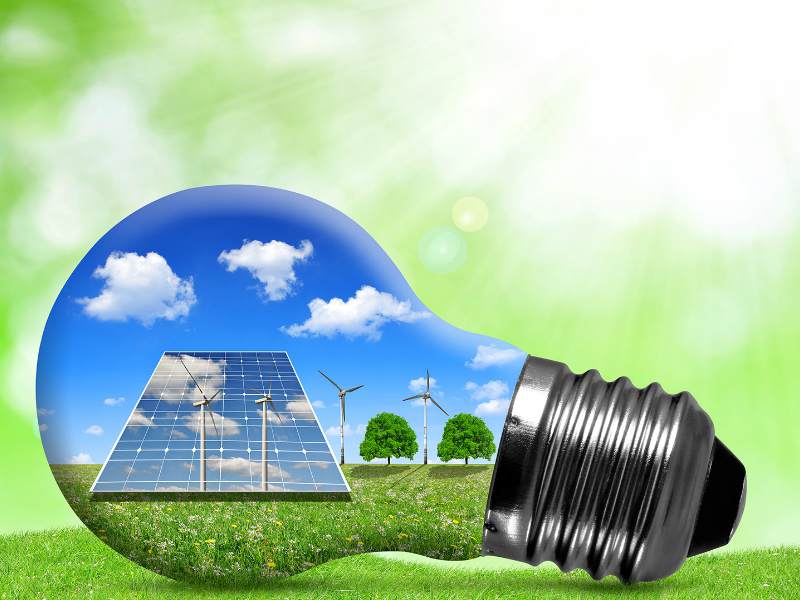
Ensuring clear, transparent, and consistent policy, and maintaining a stable regulatory environment in Africa’s most prominent mining jurisdictions is key to attracting international mining capital at a scale commensurate with the continent’s potential. Building on that foundation, solid governance, transparency, minimum red tape, an enabling business environment and trust among industry players and stakeholders will help to change common perceptions about Africa.
Botswana, Ghana, South Africa, and Zambia, amongst others, have declared themselves as “open for business” to mining companies and foreign investment, and demonstrate that openness by their overhaul of mining legislation, and visible stakeholder engagement efforts, even as perceived investment attractiveness remains low.
The Africa Oil Week and the call for ‘just energy transition’
This year’s Africa Oil Week saw the continent define an assertive new position that determines for itself how best to balance sustainability with its own development needs.
The African Union became an official partner of Africa Oil Week (AOW), helping to make the event a triumph for African unity, and promoting Africa’s ability to assert itself and define its own energy future.
The continent spoke with one voice to address pressing challenges related to combating energy poverty on the continent and defining what a just transition means in the African context.
“It’s important for us to come together as Africans to discuss and solidify what is best for us among ourselves so that we can move forward,” says Rashid Ali Abdallah, Executive Director for the AU’s Africa Energy Commission (AFREC).
“What we really need in Africa is investments, and this conference brings together all of the investors, all the developers and all of the member states that can make that business happen,” he continued.
A major theme throughout this year’s event was the need to define the “just energy transition” for the African context, and for Africans to make these assertions for themselves, rather than following a western energy-transition agenda that does not apply to the continent.
“Energy transition for Africa is to transition from a position of ‘no energy’, and should be based on the African position of promoting access to energy,” said Ali Abdallah.
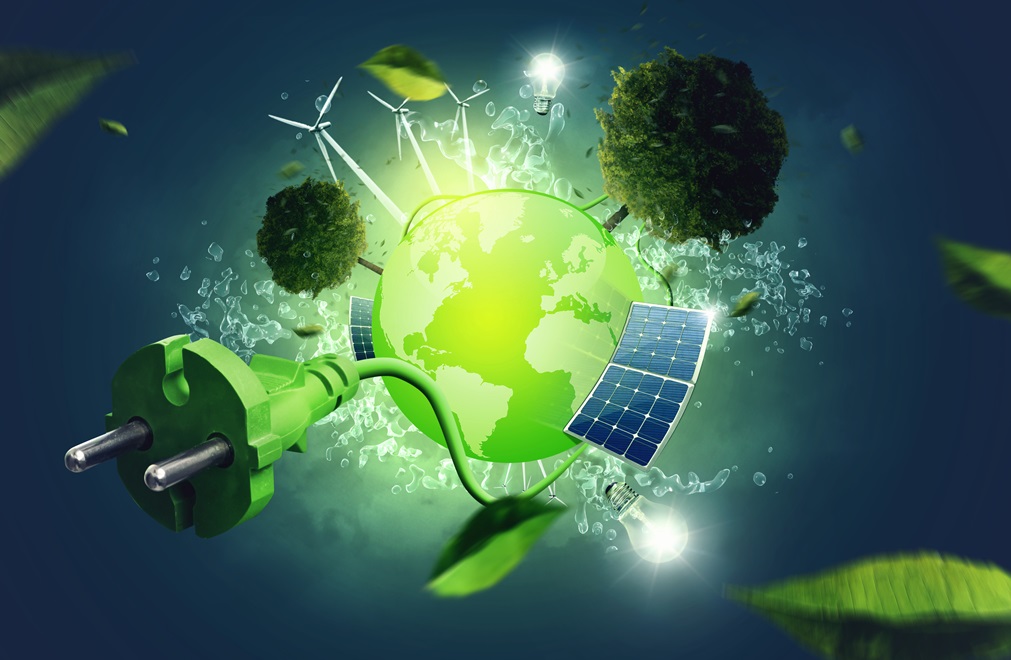
Lack of strong policies
Edmond Kombat, Director of Research & Finance, Institute for Energy Security, has cautioned that, the lack of strong policies, subsidies, incentives, and regulations that favour renewable energy technologies is what will hinder its wide growth in the years ahead.
“To attract investors and reduce the cost of renewables, the market needs clear policies and legal procedures, incentives and subsidies. While global cooperation and coordination is critical, domestic policy frameworks must urgently be reformed to streamline and fast-track renewable energy projects and catalyze private sector investments.
“In the words of IEA Executive Director, Fatih Birol: “Cutting red tape, accelerating permitting and providing the right incentives for faster deployment of renewables are some of the most important actions governments can take to address today’s energy security and market challenges, while keeping alive the possibility of reaching our international climate goals”, the energy expert retorted in an article published recently on the topic “A world of clean, renewable energy is close to realization, but …..”
Mr Kombat, further shared that, over the past three years, renewable energy has recorded some interesting development within the broader energy system, with a promising uptick in growth, leading to a small reduction in global CO² production from the electricity sector overall, as noted by the International Renewable Energy Agency (IRENA).
The International Energy Agency’s (IEA’s) in its report, “World Energy Investment” published in May 2020, is a description of a drastically changed energy markets in the wake of the coronavirus pandemic. Also, the IEA’s Global Energy Review 2020 report indicated that renewable energy has so far been the energy source most resilient to Covid-19 lockdown measures.
Consequently, according to data released in April 2021 by the IRENA, the world added more than 260 gigawatts (GW) of renewable energy capacity in 2020 despite Covid-19 pandemic, exceeding expansion in 2019 by close to 50 percent. Renewable electricity capacity additions broke another record in 2021, despite the continuation of Covid-19 induced logistical challenges and increasing prices for new solar PV and wind installations. The world added a record 295 gigawatts of new renewable power capacity in 2021, overcoming supply chain challenges, construction delays and high raw material prices, according to the International Energy Agency’s (IEA’s) latest Renewable Energy Market Update.
As we know today, renewables were the only energy source that posted a growth in demand in the first quarter of the year 2022.
The IEA forecast global capacity additions to rise this year to 320 gigawatts; equivalent to an amount that would come close to meeting the entire electricity demand of Germany or matching the European Union’s total electricity generation from natural gas. Solar PV is on course to account for 60 percent of global renewable power growth in 2022, followed by wind and hydropower. Going forward, the IRENA estimates that 90 percent of the world’s electricity can be produced from renewable energy sources by 2050.
The IEA projects that spending on renewables in 2022 will exceed the record US$440 billion invested in 2021. Global clean energy spending is expected to surge 12 percent in 2022, reaching US$1.4 trillion as the world pours money into renewables, electric vehicles and energy efficiency. The sustained progress in demand growth and spending is yet another proof of renewable energy’s resilience and acceptance.
But while renewables continued to be deployed at a strong pace even during the Covid-19 crisis, there is looming market uncertainties increasing the challenge to grow clean renewable energy at the expected pace capable of meeting long-term climate and sustainability goals. The IEA noted in 2021 that the continuing decrease in cost trends alone will not shelter renewables projects from a number of challenges.
The pace of economic recovery, heightened pressure on public budgets and the financial health of the energy sector as a whole further exacerbate already existing policy uncertainties and financing challenges.





